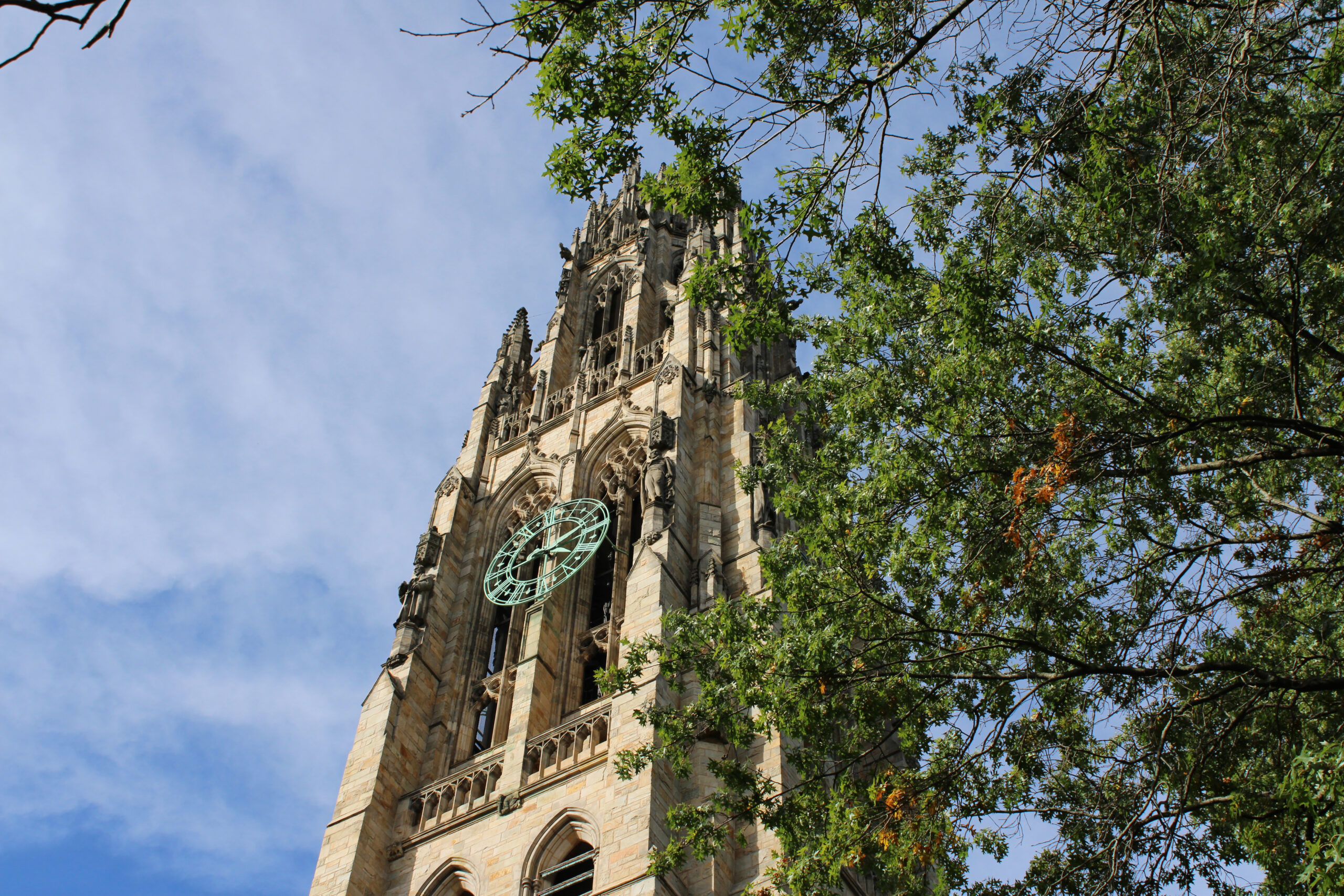YCC Senate approves stipend fund to restore some Adobe licenses
On Sunday, the Yale College Council Senate passed a measure that allocates $1,500 to subsidize student Adobe licenses — a fund that would support about 42 full licenses.

Kimberly Angeles, Contributing Photographer
The Yale College Council Senate on Sunday approved a $1,500 stipend program to subsidize Adobe Creative Cloud licenses for students and campus organizations.
The move comes after more than three weeks of discussion following an original $5,000 proposal first introduced on Sept. 2.
The approved program allocates money from the senate initiatives budget to cover roughly 42 full Adobe licenses — a drop from the 142 licenses that the initial proposal would have provided. If students opt for Adobe’s cheaper partial package, the program will be able to fund more licenses.
The senate initially tabled the proposal three weeks ago after members raised concerns about its compliance with the YCC constitution and the uncertainty of the council’s broader budget. In the intervening weeks, Saybrook Senator Brendan Kaminski ’28, the bill’s sponsor, reduced the funding request, clarified the allocation process and pledged additional transparency.
The senate passed its record-breaking $1.2 million budget at last week’s session.
“First of all, I want to thank all the senators who commented on our proposal before,” Kaminski said in the meeting. “I feel like we were really able to improve it for the better through these weeks of discussion.”
Applicants for the Adobe funding will have to provide demographic information such as class year, financial aid status and intended major, along with proof of purchase and Zelle information for reimbursement.
The financial policy team, which includes both elected and unelected members of the council, will then rank applicants according to a rubric to be published before the program launches.
The $1,500 figure reflects outside support that emerged during the delay. According to Kaminski, the Undergraduate Organizations Funding Committee, or UOFC, which funds student organizations, separately allocated $3,500 for publication groups, reducing the burden on the senate to cover the entire cost.
The senate allocated roughly $475,000 to UOFC for the school year.
In mid-September, the UOFC team reached out to publication leaders through Yale Connect, announcing that it would cover up to seven Adobe Creative Cloud subscriptions per group. The email explained that the funding responded directly to the University’s decision to cut “access to free Adobe subscriptions” and asked editors to complete a Google Form to determine allocations.
“Though this is a $1,500 proposal, we do expect that if there is sufficient demand, a similar one will be repeated,” Kaminski said. “So I guess treat this like a pilot program, almost.”
The structure represents a shift from the earlier version of the bill, which would have funded about 142 licenses and allowed both individuals and “campus organization representatives” to apply. Several YCC members warned that such language risked violating Article 14 of the YCC constitution, which restricts use of the council’s budget to “the student body,” rather than private organizations.
Publication editors and student leaders lobbied strongly for YCC action, arguing that the University’s decision to end free Adobe access could stifle creative opportunities. Full tier individual licenses now cost $35.05 annually for students, a sum that some described as an undue financial burden.
“Our mission to democratize campus comedy, including supporting any students interested in learning how to use the Adobe Creative Cloud, would be severely hampered if our staff had to pay for this software themselves,” Bipul Soti ’27, online editor-in-chief of The Yale Record, wrote in testimony included in the proposal.
“I just want to emphasize that there’s a lot of student demand, and it’s important that we as a YCC officially respond to what the students want,” Kaminski told the senate.
The Adobe stipend plan will open applications on Monday at 8 a.m. and close the following Friday at 8 p.m., with notices distributed through YCC and first-generation low-income student newsletters.
The measure passed 23-2, with four senators voting by proxy and another four absent.







